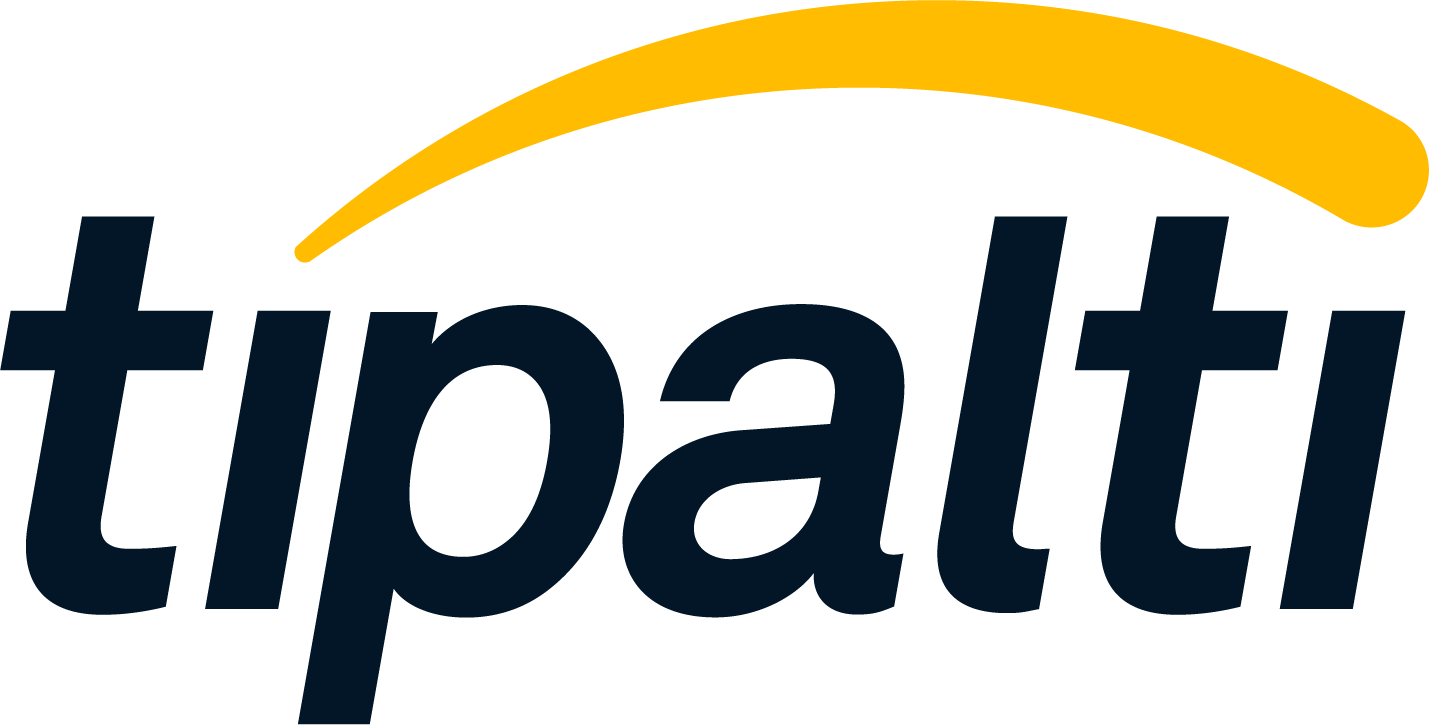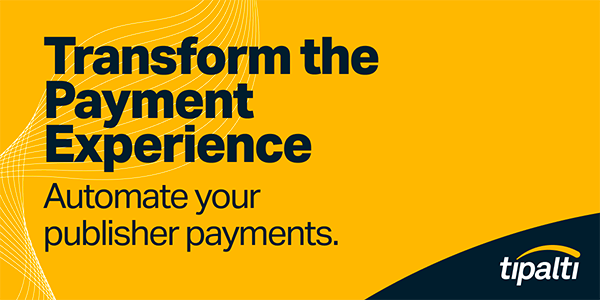The golden era of digital streaming is upon us. YouTube is the largest connected TV platform, surpassing even Silicon Valley powerhouse Netflix. For creators, this is a shortcut to advertising opportunities, since ad-based streaming and commerce opportunities allow creators to increase their impressions and decrease costs.
Digital advertising has also become more direct-response-focused. About 80% of online ad spending today is performance-oriented. Online advertising is much more measurable, and influencer marketing and creator marketing are growing more rigorous.
With more options and opportunities at their disposal than ever before, publishers and brands are increasingly working directly with platforms on advertising instead of tapping ad tech companies, especially since ad tech tends to take up to 50 cents of every advertising dollar.
Volatility is growing in the space, and for ad tech companies, this trend is catastrophic. Their stocks are dropping, and advertising revenue is declining. Add in a looming recession, and ad tech could be in trouble. But there’s a lot that a partnership with an ad tech provider can offer that a platform alone simply can’t.
Cookieless features protect consumers
Social platforms like Instagram, Meta and YouTube use cookies. Ad tech companies, meanwhile, are going cookieless, which can serve as great incentive for consumers and creators to partner with them.
For those thinking of delicious baked goods, digital cookies are not very palatable. These micro files are stored in a web user’s browser and measure how users respond and interact with digital ad campaigns and other consumer-related behaviors. The cookie repercussions have been massive: Consumers are altogether boycotting websites with cookies to prevent privacy concerns. And with Google’s eventual deprecation of cookies, the technology is on its way out.
By proactively honoring users’ concerns and going cookieless, ad tech providers can offer a safer user experience to their partners than social platforms.
Access to deeper analysis improves audience insight
If a creator only uses one platform, it makes sense to advertise within that specific platform. But if they are sharing content across channels or geographies, then they’ll need a tool to analyze their audiences across platforms and streamline insights. Ad tech services offer more powerful solutions across platforms, given their in-depth data reporting and metrics.
Accurate data and analytics enable creators to understand how their audiences are reacting to their content and how to optimize it. With greater insight into performance, the publisher gains more visibility and confidence.
Marketing integrations optimize customer experience
Brands rely on marketing technology to optimize their marketing efforts and meet brand goals. Ad tech can connect to these tools, offering digital advertising resources that help buy, manage and analyze their advertising efforts through data.
By unifying the customer journey in this way, brands and publishers are more empowered to deliver better content. Together, marketing and ad tech providers can prioritize customer experience and help brands better understand their audience through data and measurements.
Tenacity in advertising
Platforms have evolved to offer more advertising and measurement capabilities, and it’s no surprise that brands see the appeal of using their tools. But when times get tough, the advertising industry becomes ever more tenacious.
In the face of platform innovation and external forces like an uncertain economy, ad tech is evolving to better meet the needs of brands, offering deeper, more powerful capabilities than platforms. Through a commitment to data and trust, ad tech providers can empower brands, help them tap into their audiences and conquer the recession.















